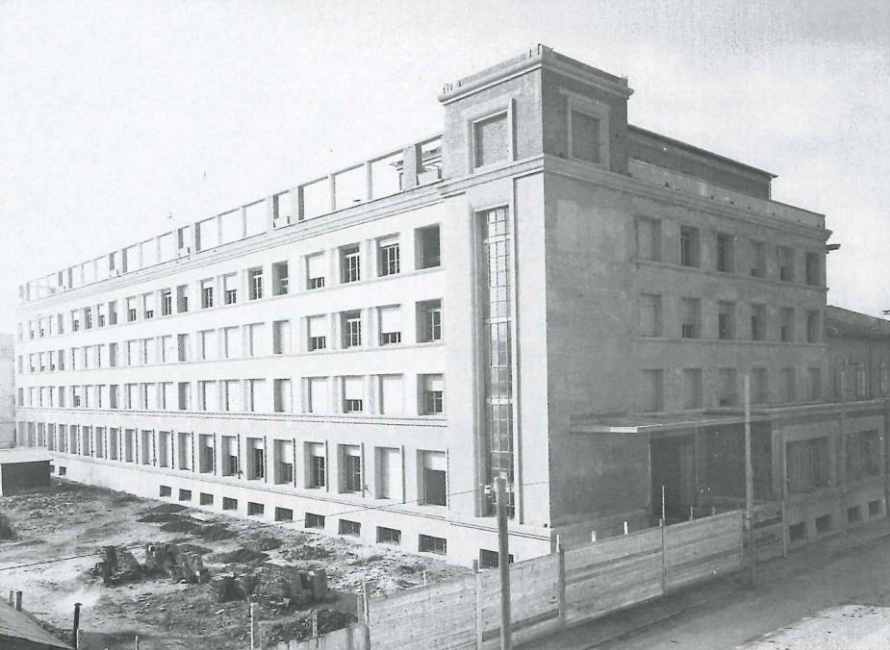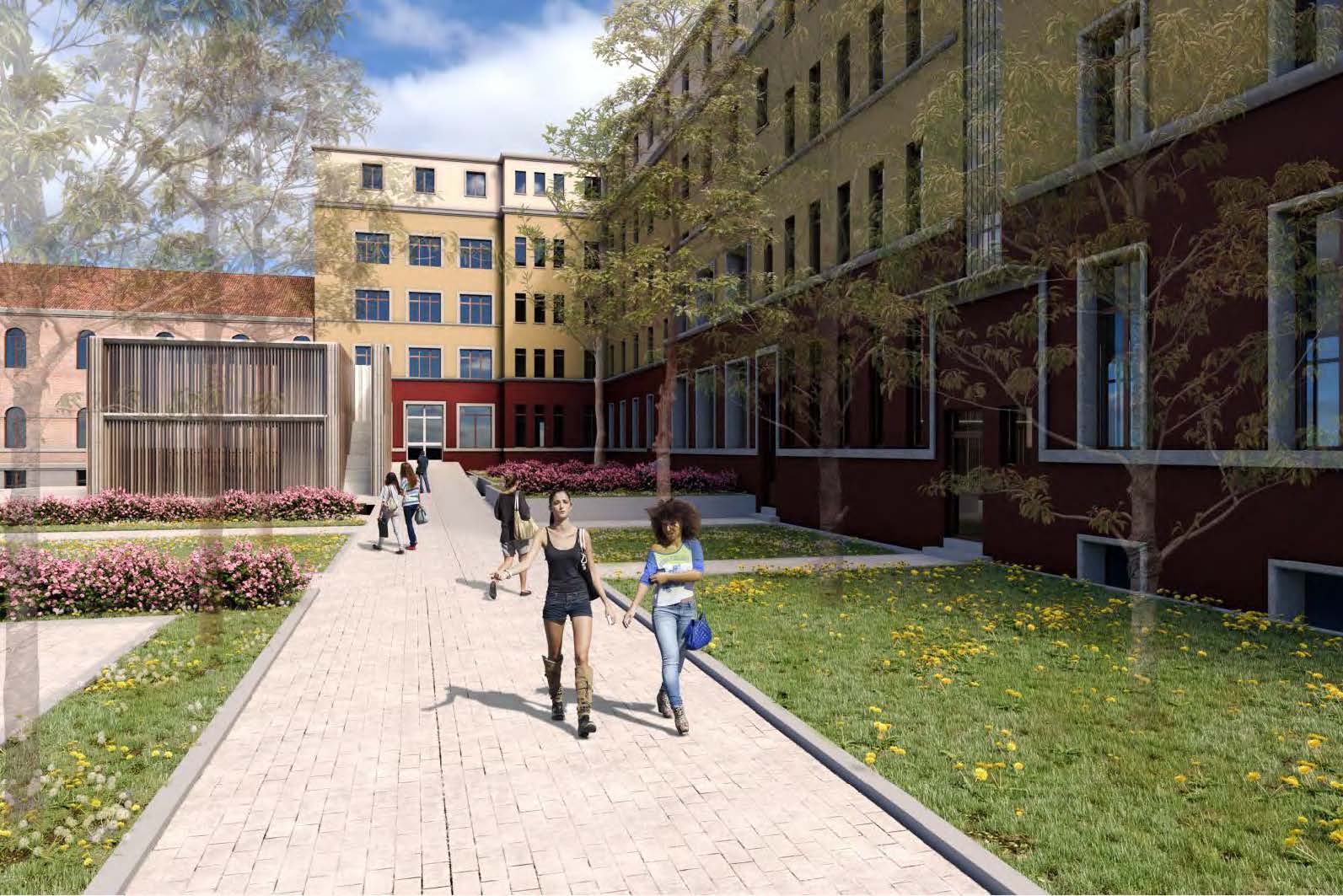A new life for the Fusinato Student House: Unipd project financed for its renovation

The Ministry of Education, Universities and Research has approved funding for the University of Padua’s project to renovate the former Fusinato Student House to restore it to its original function and in the future house the students of the Galileiana School of Advanced Studies. The construction of the building dates back to 1922: the aim was to create a multifunctional complex for the university’s deserving students, including complementary spaces such as the gym and library. The House was inaugurated in 1935, becoming a symbol of the work carried out for the benefit of students.
In 2005, the residence was closed due to safety concerns and maintenance work was impossible. In 2015 ownership of the building reverted to the university, and in 2016 the Soprintendenza archeologica, belle arti e paesaggio (Archaeology, Fine Arts and Landscape Office) included the Fusinato Student House among the cultural assets of the Italian state, due to its important historical value.
In 2017, the University of Padua applied for the project to renovate the complex at the Miur announcement for the “Provisions on accommodation and residences for university students” and thus requested the funds needed to redevelop the property. The aim is to return it to its original function, allocating it to the outstanding students of the Galilean School. The ministry, having approved the project, will allocate an amount of 11 million euros.
“This project is very close to my heart,” says the Rector, RosarioRizzuto, ” because it represents the recovery of an area that is the identity of the University of Padua. As it has been closed and in a state of disrepair for many years, we felt that, rather than investing in more and new places, it was necessary to take over a historic university site, with a dual purpose: providing accommodation for our students and regenerating a university asset“. The university is involved in two other redevelopment projects: the former Piave barracks and the former geriatric hospital.
“The funding from the Ministry covers almost all of the work, except for the design part: the contribution was given not only for the renovation project of the building – explains the general directorof the University of Padua AlbertoScuttari– but also for the objective of housing the students of the Galilean School. Of the total 6,000 square metres, about 3,000 will be occupied by the 187 beds envisaged by the project; about 600 will be used for cultural and educational services such as study rooms and computer rooms, open not only to residents but to all students at the university campus. 430 square metres will be allocated to recreational services for all university students. Other square metres will be used for administration because it will be a manned building. “
The Galilean School of Higher Studies, represented during the press conference by the vice-director ProfessorMicheleMaggini, welcomes about 150 students from the university:“These are students who are among the best in our university and who, in order to be part of the Galilean School, in addition to having important benefits (board, lodging, bonuses for travelling or for buying textbooks) must graduate on time, finish their exams every year and have a high grade average. They are normal students,” explains Prof. Maggini, “who have put themselves on the line: this is a very good experience for them, as they not only study but also follow an ad hoc training course. They can’t wait to go to the new premises, hoping to enter an “open” place where they can welcome other students for an intellectual contamination in a spirit of sharing and comparison“.
The renovation project will also be in line with legislation on energy efficiency and anti-seismic standards. “Of course, these requirements will be met in the project,” comments Francesca Da Porto, pro-chancellor for construction and safety – but special attention will be paid to the environmentalsustainability: there will be plant and control equipment that will allow high efficiency, going beyond the minimum requirements for this type of building”.
It is an excellent project,” continues general manager Alberto Scuttari, “because it is sustainable: advanceddomoticmanagement of all the systems is planned. In addition, there will be a geothermal system with a heat pump for heating and cooling: basically, we take the Earth’s energy and transform it, thus eliminating CO2 and particulate emissions. The university plans to start work in 2020..


